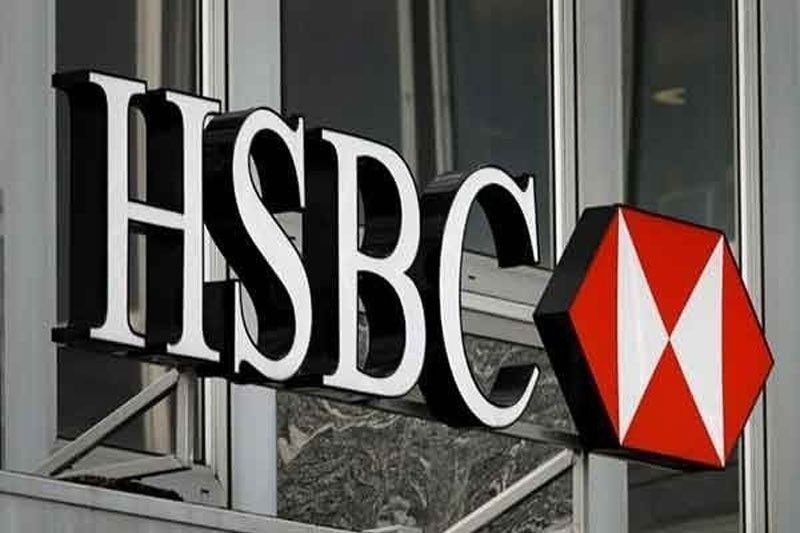BSP may need to tighten if inflation surges – HSBC

MANILA, Philippines — The Bangko Sentral ng Pilipinas (BSP) would need to tighten borrowing costs even further if inflation surges in the coming months amid changing consumer spending trends, according to HSBC Global Research.
In a report written by HSBC economist for ASEAN Aris Dacanay, HSBC said core inflation may become “stickier” amid changing preferences of Filipino consumers.
“We can expect core CPI to be stickier as consumers become wealthier and allocate more of their budgets to services and less to staples (like rice, which tend to be more sensitive to supply-side shocks),” he said.
“Policymakers would then need to tighten the monetary reins even further if inflation were to surge in the future, supporting our view that, when the dust settles, monetary policy in the Philippines will likely be higher for longer,” he added.
According to Dacanay, Filipino consumers have gone beyond covering the bare essentials and are now spending on goods and services that make daily living more convenient.
“From acquiring higher quality services or reducing the time and effort to put food on the table, Filipino consumers are demanding more than just the food that makes up a dish,” he said.
These commodities fall under core inflation, or the consumption of goods and services whose prices do not fluctuate and reflect the overall demand in the Philippines.
“So, when the dust settles – when the Fed eases policy rates, global inflation is under control and global growth normalizes – core inflation in the Philippines will likely be stickier than it was pre-pandemic,” he said.
He said that when inflation surged in 2008, 2014 and 2018, core inflation climbed disproportionally to headline inflation. But in 2022 and 2023, both headline and core inflation rose by around eight percent year-on-year.
Dacanay said bank lending growth supports this view. “Despite the BSP hiking policy rates to a 17-year high, outstanding loans to consumers did not flinch. It continues to grow robustly, driven by a steep rise in credit card debt.”
He also noted that there was an increase in transactions via credit cards, which imply that spending in more formal and more expensive establishments is becoming the trend among households.
“With core CPI stickier, the monetary reins would need to be tighter than before to cool inflation back to within the central bank’s two to four percent target band, if inflation were to surge again,” he said.
“So, when consumption normalizes after two years of high inflation, Filipino consumers’ shifting priorities will likely lead the BSP to keep its policy rate higher for longer, a view held by HSBC Economics,” he added.
To tame inflation, the BSP’s Monetary Board hiked rates by a total of 450 basis points from May 2022 to October 2023, bringing the key interest rate to 6.5 percent.
Inflation rose to 3.8 percent in April from 3.7 percent in March. It marked the fifth straight month that inflation stayed within the BSP’s target.
- Latest
- Trending



























